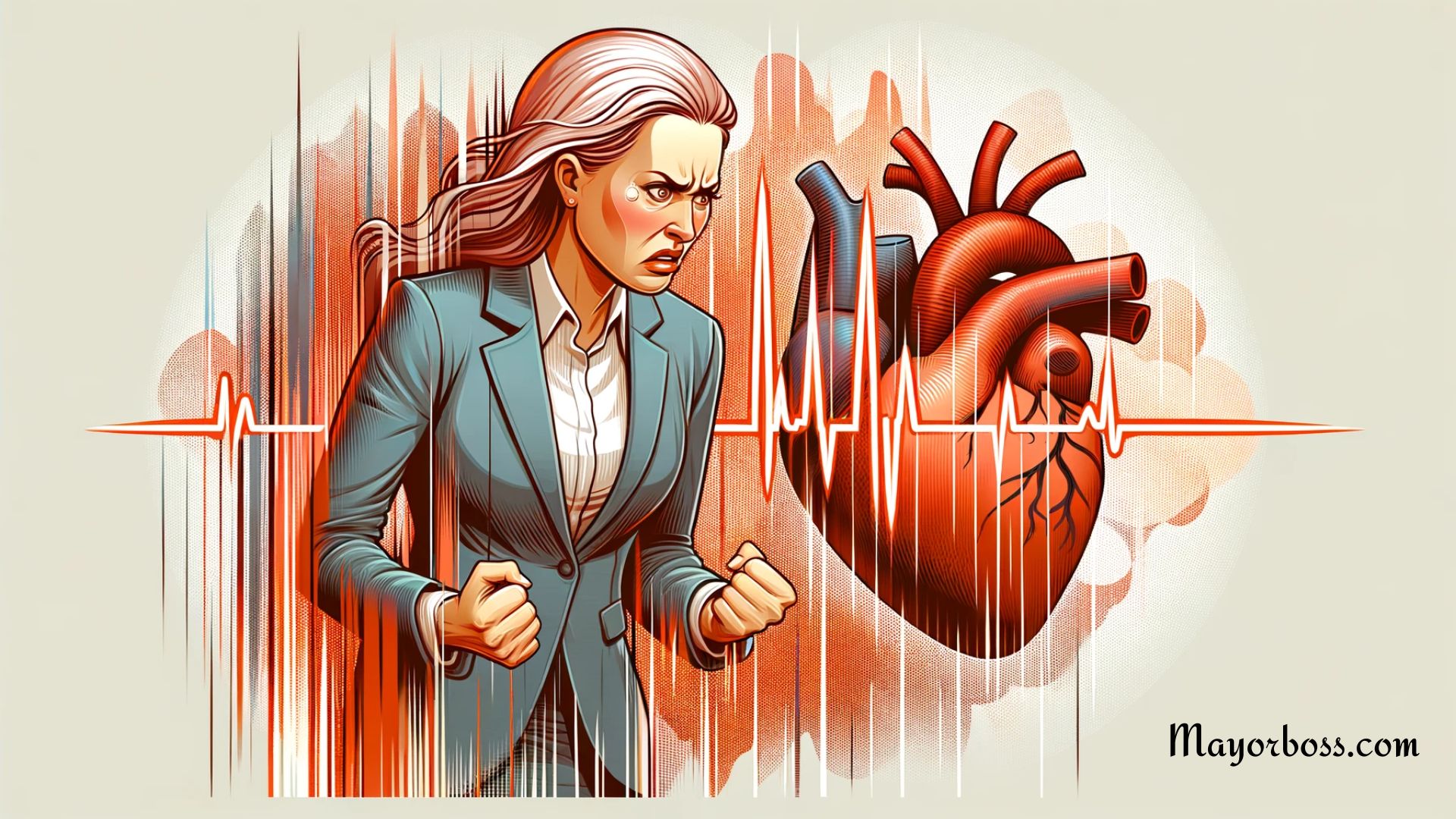How Anger Elevates Heart Attack Risk: What You Need to Know
Dealing with anger is like handling a double-edged sword. On the one hand, it’s a natural human emotion, but on the other, it can have some serious impacts on your health, especially your heart. So, how can anger elevate the risk of a heart attack, and what you can do about it?
The Connection Between Anger and Your Heart

Why Anger Affects Your Heart
When you get angry, your body goes into a ‘fight or flight’ mode. This reaction increases your heart rate and blood pressure. Also, it causes your body to release stress hormones like adrenaline. These changes are okay in small doses, but when they happen too often, they can wear down your heart and blood vessels.
The Physical Impact
The stress hormones released during anger episodes can cause inflammation and plaque buildup in your arteries. This buildup can lead to blockages, increasing the risk of a heart attack. Moreover, the increased heart rate and blood pressure can strain your heart, adding to this risk.
Anger-Induced Heart Risks
Short-Term Risks
Right after an intense bout of anger, your risk of a heart attack can spike. This is because the immediate effects of anger put a sudden strain on your heart.
Long-Term Effects
If you’re frequently angry, your risk of heart disease can increase over time. Chronic anger can lead to continuous high blood pressure and other heart-related problems.
Managing Anger for Heart Health
Identifying Triggers
Firstly, you should try to identify what makes you angry. Is it traffic? Work stress? Personal relationships? Once you know your triggers, you can work on managing your reactions to them.
Healthy Coping Strategies
- Exercise: Physical activity is great for releasing pent-up energy and stress.
- Mindfulness and Relaxation: Practices like meditation and deep breathing can help calm your mind.
- Talk It Out: Sometimes, discussing your feelings with someone can help you process and move past them.
Seeking Professional Help
If you find it hard to control your anger, don’t hesitate to seek help from a therapist. They can provide strategies and support to manage your anger effectively.
Takeaway for You
Remember, feeling angry is normal, but it’s crucial to handle it in a healthy way. Not only for your mental well-being but also for keeping your heart healthy. Pay attention to your emotions, practice calming techniques, and don’t be afraid to ask for help if you need it. After all, your heart will thank you for it!
Further Reading: Silent Heart Attacks: Hidden Symptoms That Go Unnoticed
